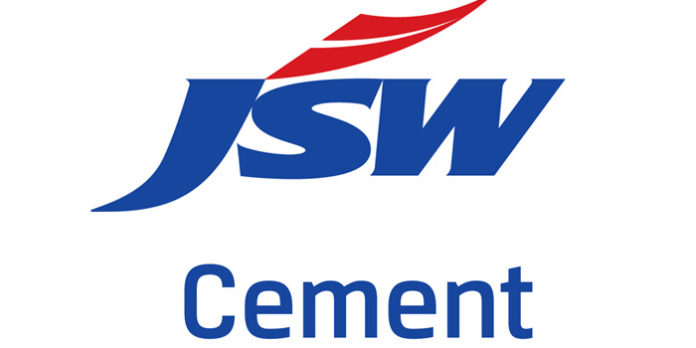By Our Correspondent
JAJPUR/ BHUBANESWAR: MM Sahu, the Kalinga Nagar Regional Officer of State Pollution Control Board, who recently taken charge, said the Pollution Department will soon investigate the allegations against JSW Cement factory located in the Kalinga Nagar industrial area of Jajpur district in Odisha for openly violating pollution regulations.
The Pollution Department has repeatedly issued show-cause notices to JSW authorities. Nevertheless, factory officials appear to ignore these notices and fail to implement necessary safety measures regarding the transportation, storage, and use of raw materials.
The Pollution Control Board has established special conditions for the operation of the JSW Cement factory, which is scheduled to produce 1.2 million tons of cement annually. However, due to blatant violations of regulations by the factory, air quality indicators are on the rise, as disclosed by an factory official on conditions of anonymity.
In light of the excessive air and water pollution, the Pollution Control Department should issue a show-cause notice to the factory authorities, as demanded by the locals.
Sources said, the JSW Cement factory located in the Kalinga Nagar industrial area of Jajpur district is openly violating pollution regulations. Consequently, both water and air pollution levels have risen sharply. The air quality index (AQI) in the vicinity of the factory has exceeded 150, raising concerns among local residents.
The AQI should ideally be capped at 100. The factory is accused of extensive water and air. The dust generated during the cement production process spreads over a radius of approximately 10 km, severely contaminating the local area. As a result, wells and ponds are becoming unfit for human consumption.
Residents have also reported that chemically mixed waste is being discharged into a nearby stream. This wastewater emits an unpleasant odor, making it difficult for people to breathe. Various health issues have arisen among locals due to the cement dust and contaminated water from the factory. Moreover, the factory’s wastewater flows through a wall into the canal near Kacheri village, affecting Arasahi, Pradhan Sahi, and Marutikar. This toxic water is infiltrating nearby farmland, damaging crops.
Importantly, the raw materials are stored in open containers, causing them to disperse and pollute the air even with minor wind Additionally, the vehicle parking area near the factory has not been paved according to regulations, leading to excessive dust emissions from traveling vehicles.
In three locations within the factory, the installed air pollution measuring devices frequently malfunction. Additionally, wastewater from the factory’s sewage treatment plant is being discharged, posing an threat. The factory authorities appear indifferent to the management of effluent and wastewater, and there are allegations that proper arrangements for rainwater conservation have not been made.
There is also a lack of a water sprinkler system, as mandated for the factory premises. Consequently, a significant amount of dust is dispersed into the surrounding area, contributing further to air pollution.
As a result, the Air Quality Index (AQI) has begun to rise. To mitigate pollution, it is essential to implement mechanized sweeping machines for effective dust control, enhance water drainage management, establish ponds for rainwater conservation, and prioritize air quality monitoring systems. Furthermore, the factory has failed to fulfill its social responsibility by planting trees in the locality.
Given that factory officials disregard pollution regulations, departmental officers must exercise vigilance when issuing the factory’s operating permit. Local residents have raised concerns about why it has not been revoked.



























